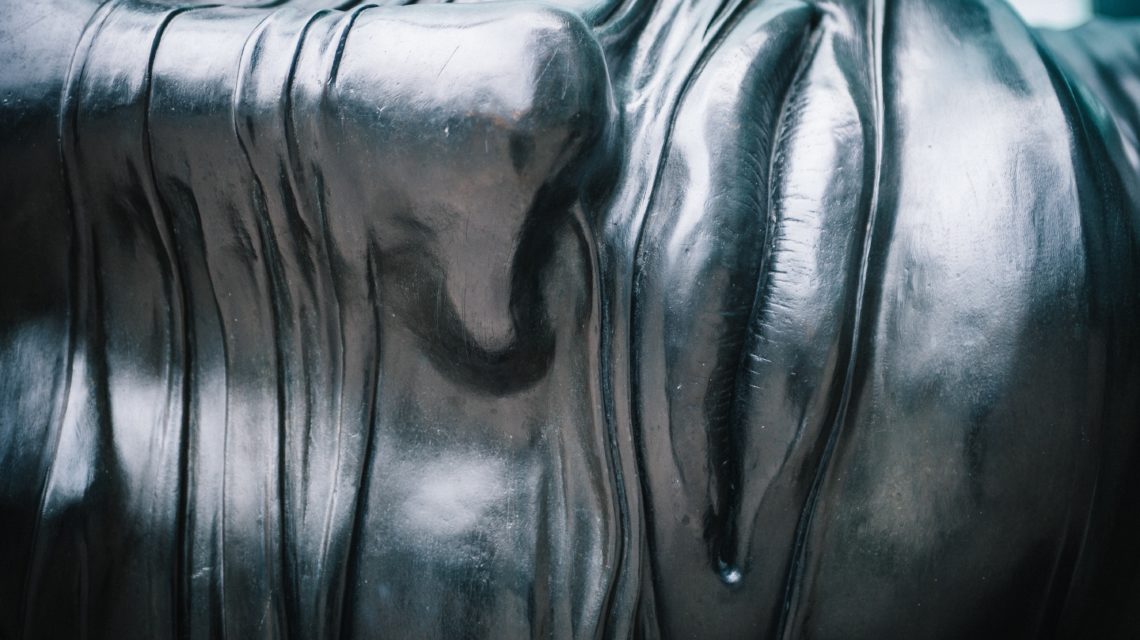If you’re experiencing an unpleasant metallic taste in your mouth, you’re probably wondering what might be causing it. In fact, there can be many causes and it may be a symptom of a more serious health concern. Distortion of taste can also cause other serious issue, as taste is required for identifying spoiled foods and it can also lead to depression, weight loss or malnutrition.
A metallic taste can be a side effect of some common medications including antibiotics, blood pressure, glaucoma and osteoporosis medicines. If it is caused by a medication, your doctor may be able to offer alternative options.
Certain types of chemotherapy and radiation treatments can also cause taste problems and it may be necessary to try to discover ways to mask it during treatment. To help temporarily, try sugar free mints or chewing gum, along with tooth brushing after meals. Avoid metallic cookware and utensils, and experiment with a variety of foods and seasonings.
The sense of taste and the sense of smell are closely related. Therefore, sinus issues such as allergies, colds, or infections can be a common cause of a metallic taste. If a sinus issue is to blame, the metallic taste should disappear when its cause is successfully treated or resolved.
Perhaps surprisingly, a structure close to the inner ear called the chorda tympani controls the taste in the back of the tongue. Therefore, if this structure is damaged, which can occasionally happen during ear tube surgery to correct chronic or middle ear infections, taste may be affected. In this case, there are medications which may help after surgery.
Head injury or damage to the central nervous system such as with a stroke can also result in taste changes.Vitamin deficiencies and food allergies may also be responsible for distortion in taste and women who are pregnant often report a metallic taste, which is likely linked to hormonal changes.
However, a leading cause of taste disorders are poor oral health, dental problems or inadequate oral hygiene. Good oral hygiene is vital to a properly functioning sense of taste. Regular examinations, cleanings, and other tooth and gum care can reduce the risk of developing taste changes. Seeing a dental healthcare professional is also an important step in identifying the cause of a persistent metallic taste in your mouth.
If you would like more information about identifying how your oral or dental health may be affecting your sense of taste, Dr. Heidi Finkelstein and her caring staff at My Plantation Dentist can help. To schedule your appointment, please contact us today at 954-584-1030.




